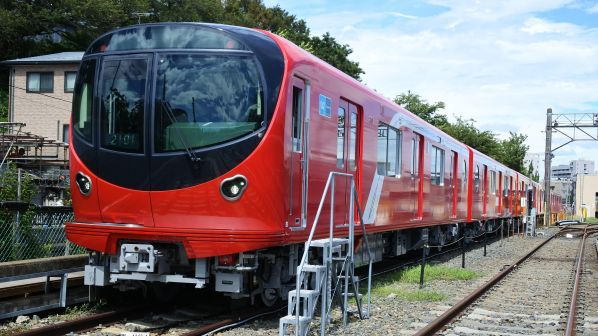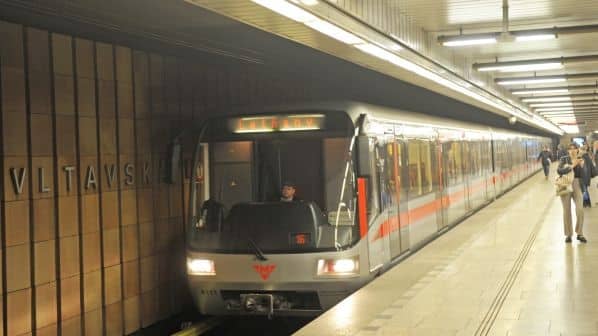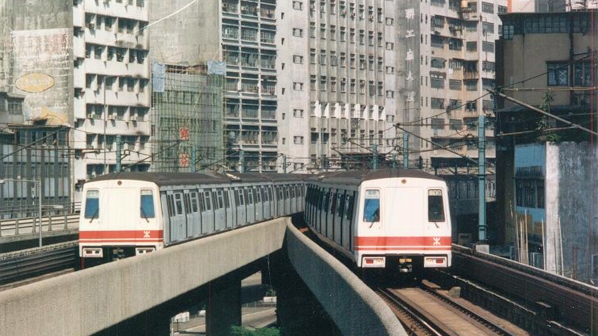TOKYO Metro is to trial 5G technology later this summer that will be used to support a Japanese-designed communications-based train control (CBTC) system. It will be the first of its kind in Japan.
Working in partnership with the Railway Technology Research Institute (RTRI), Hitachi, Mitsubishi Electric and NTT Communications, Tokyo Metro aims to test a fully-functional 5G CBTC installation. The trial 3km section is located on the Marunouchi Line between Shin-otsuka and Korakuen stations.
The trial is planned to run between August 2024 and March 2025. During this time the project partners will analyse the effectiveness of 5G technology in a rail environment. Specifically, the tests will focus on three areas:
- examining the radio wave propagation characteristics of public and private 5G networks and dedicated wireless equipment in underground and above-ground spaces
- verifying whether high-quality communications between trains and trackside equipment can be assured under various conditions, and
- conducting control tests and sensor and image transmission tests using railway communications infrastructure.
Tokyo Metro says that the results of the tests will be applicable to all types of railways in the region, not only metros, and that the likely resulting prototype system will be designed to be compatible with FRMCS already under development in Europe.
It says it expects to develop DX (digital transformation) for railway systems by utilising AI technology and sophisticated sensing and analysis technologies.
Tokyo Metro adds that the results of the trial will be used to create a draft set of common specifications for railway communication systems that will be standardised to international specifications, which will lower the barriers to entry on international projects.
It says the benefits of moving to a 5G-based train control system include reduced capital investment, improved operational efficiency and lower workforce requirements, particularly relating to maintenance, as well as improved levels of safety and system stability.
The trial will be overseen by Tokyo Metro, with RTRI providing research-based inputs relating to railway wireless communications infrastructure.
Hitachi will be responsible for installing and commissioning private 5G network equipment on vehicles and at trackside, while NTT will provide public 5G network configuration and technical support. Mitsubishi will supply trackside equipment and technical support.
For more details of metro projects around the world, subscribe to IRJ Pro.



